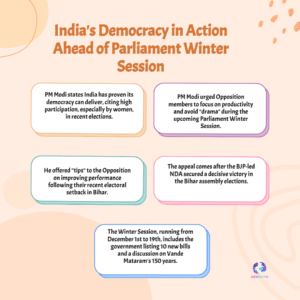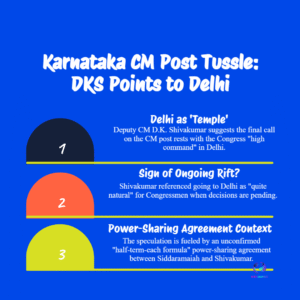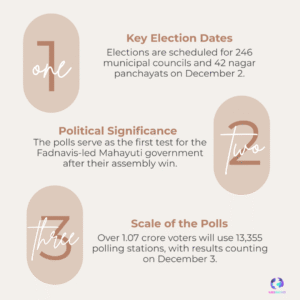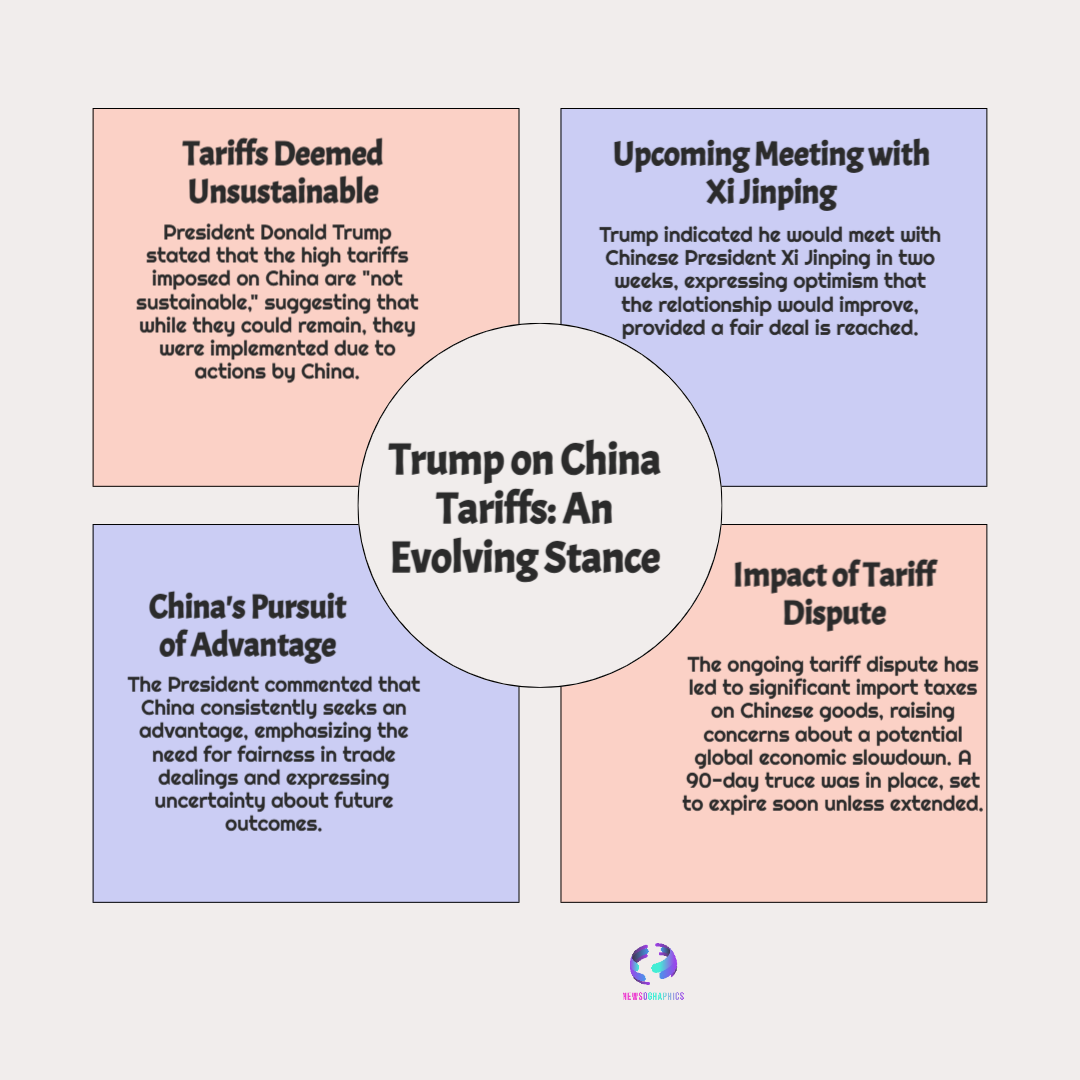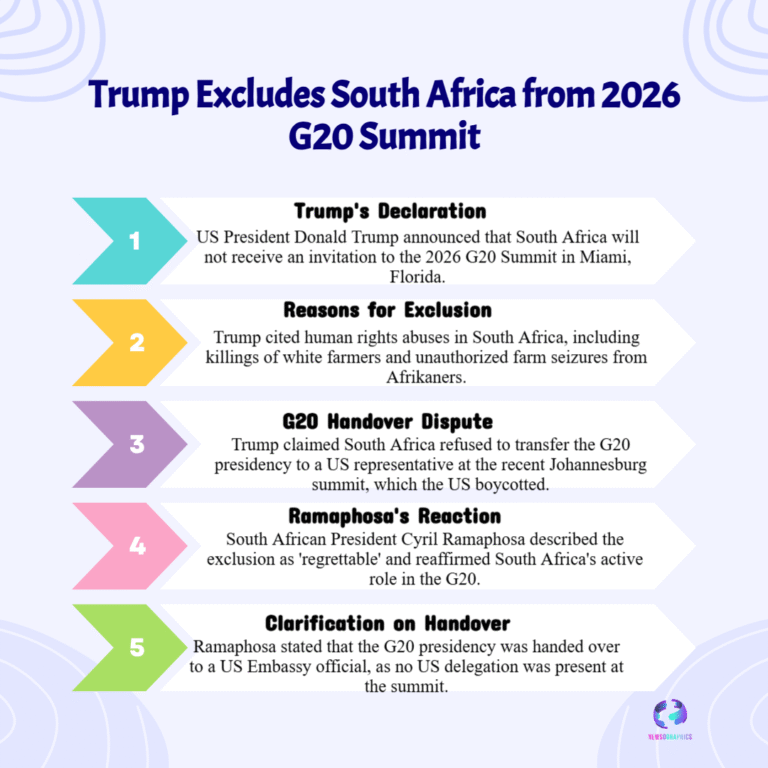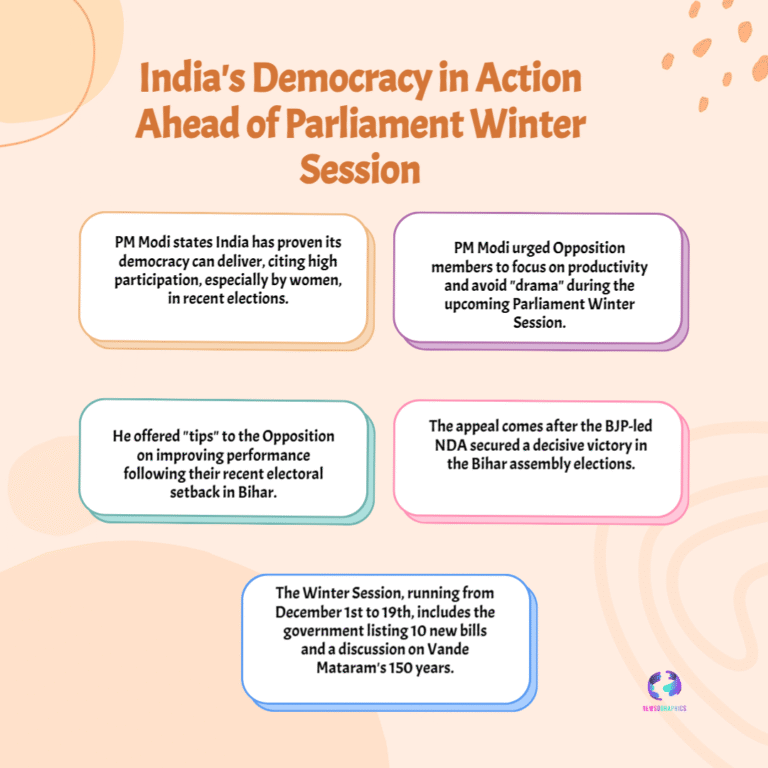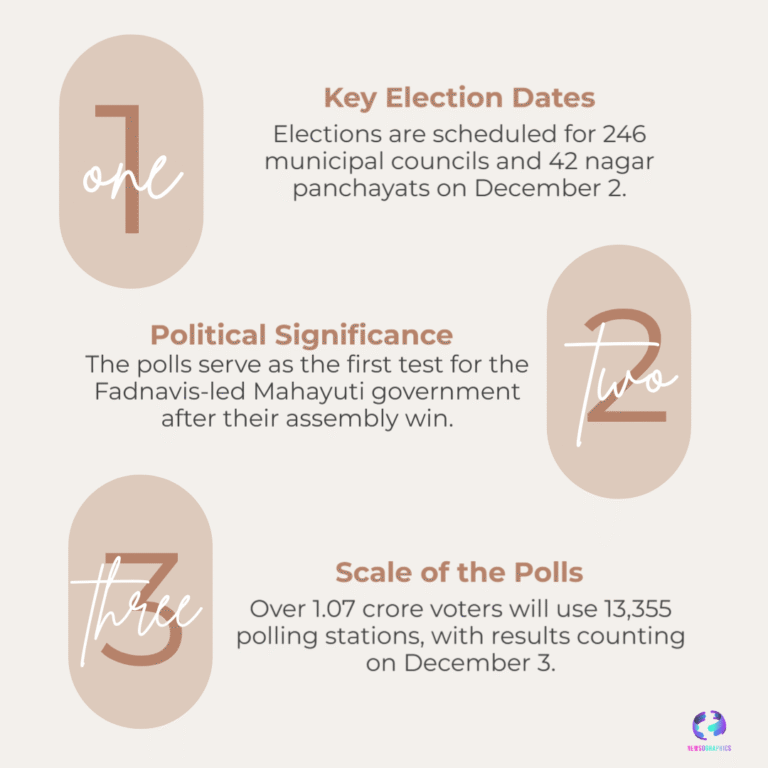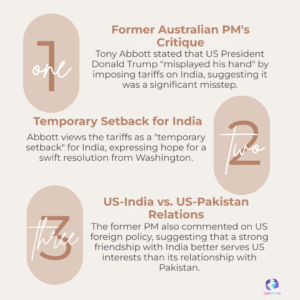Donald Trump calls high tariffs on China “not sustainable” ahead of a planned meeting with Xi Jinping; markets, supply chains and diplomacy hang in the balance.
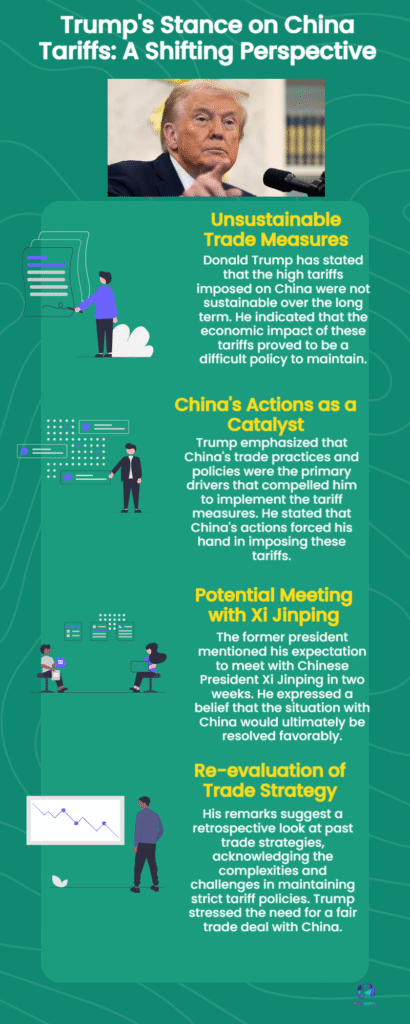
US President Donald Trump described the high tariffs imposed on China as “not sustainable” in a Fox Business interview, saying he felt compelled to impose them amid rising trade tensions. Trump said he expects to meet Chinese President Xi Jinping in two weeks and expressed cautious optimism about resolving differences, while insisting that any agreement must be fair to American workers. He acknowledged the pain tariffs have caused to global supply chains and consumers, but defended the move as a response to perceived unfair trade practices and strategic concerns.
The dispute has seen US import taxes on some Chinese goods spike to 145%, though temporary truces have paused certain duties; the latest 90-day pause is due to expire on November 10 unless extended. Analysts say Trump’s comments signal a window for diplomacy ahead of high-level talks, but also underline the fragility of any truce: threats of additional 100% tariffs and earlier warnings to cancel meetings with Xi showed how quickly tensions can escalate. Market watchers note the economic risks — potential tariff hikes could drive up manufacturing costs, fuel inflationary pressure, and disrupt bilateral trade flows that underpin global supply chains. Policy experts argue a negotiated rollback would likely involve concessions on tariffs, enforceable commitments on technology transfers, and clearer rules on subsidies and market access.
Political strategists highlight that Trump’s rhetoric plays to a domestic audience prioritising jobs and supply-chain resilience, while foreign-policy officials urge back-channel diplomacy to avoid a prolonged economic standoff. Businesses with China exposure are preparing contingency plans, from diversifying suppliers to adjusting pricing and inventory strategies, while investors watch markets. As the world watches, the outcome of upcoming US-China talks will shape trade policy and geopolitical alignments, and whether the current tariff architecture proves sustainable or gives way to negotiated compromise and global financial stability.

